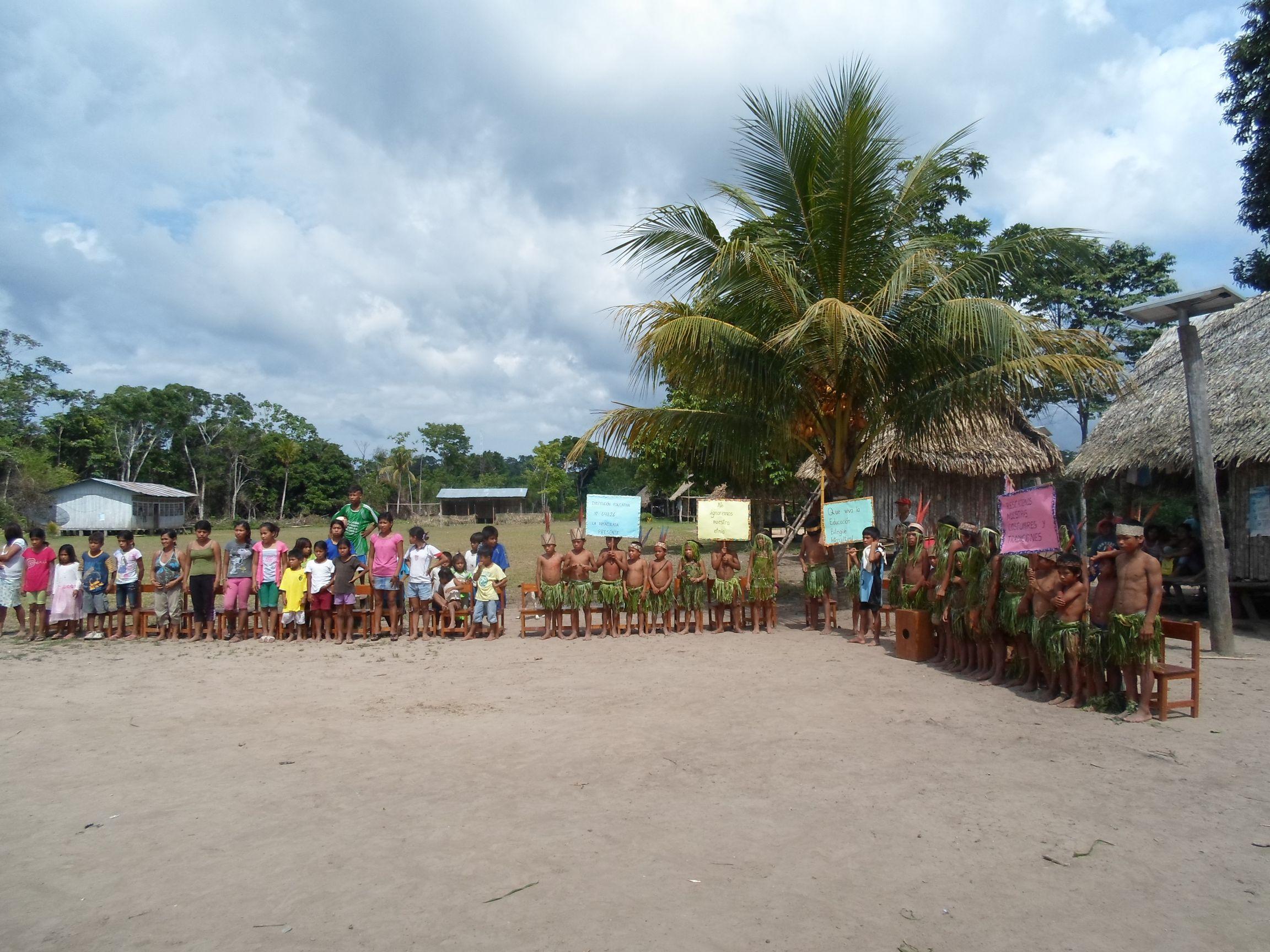Intercultural transdisciplinarity in Guatemala and Peru: A North-South-South learning platform for culturally pertinent public health provision systems for indigenous populations

The project will create the conditions for a comprehensive, intercultural learning platform that considers both the concepts of traditional indigenous medicine and conventional biomedicine. It will sustainably empower local traditions, reduce social inequities, strengthen the right to health and education, and, thus, promote the establishment of peaceful and inclusive societies.
About the project
Background
Medical pluralism is the global rule rather than the local exception in the industrialized and the developing world. However, most traditional medical systems remain marginalized in Latin America (LA). Indigenous populations are uniformly poor and have higher rates of morbidity and mortality than their non-indigenous counterparts. Guatemala and Peru are among the top three Latin American countries in terms of absolute numbers and relative shares of their indigenous populations. These countries offer precarious health services to indigenous populations, especially in their tropical lowlands, forcing them to rely primarily on traditional medicine. This situation demands better intercultural approaches for developing culturally pertinent health care that combines traditional and biomedical practices.
Objectives
The overall project aims to develop and assess intercultural transdisciplinary (TD) approaches to building avenues for culturally pertinent public health provision systems with two LAn indigenous populations and contributes to the global discussion on how to integrate biomedicine with Traditional & Alternative Medicine (T&AM). This project encompasses four strategic objectives, namely to:
- O.1. develop a transdisciplinary platform enabling a patient-centered collaboration in the treatment of diseases that can provide a model for joint development of intercultural health care provision systems between Maya doctors and the public health sector in Guatemala.
- O.2 develop an anthropolinguistic/ethnopsychological approach that emanates from emic descriptions of Amazonian ethnomedical concepts, assesses wider healthcare frameworks and contributes to the understanding of key aspects of intercultural healthcare for marginalized indigenous peoples in Peru.
- O.3 conduct a transdisciplinary process that facilitates collaboration among biomedical public health institutions and traditional indigenous groups to produce new models of culturally pertinent health care in Latin America.
- O.4 conduct a transdisciplinary North-South process that fosters mutual learning for improved health in multicultural settings, including models for integration of biomedicine and T&AM.
Relevance
To respond to the increasing recognition of the value of such approaches, reflected in World Health Organization (WHO) policies on traditional medicine, this project develops a North-South-South (N-S-S) learning platform for culturally pertinent health provision systems to address two research gaps: 1) advancing intercultural TD methods, and 2) designing culturally pertinent public health provision systems that combine scientific credibility, societal legitimacy and pragmatic feasibility. Specifically, the project will conduct collaborative research to document traditional medical practices, and develop approaches for enabling culturally pertinent health services. Involving relevant experts and institutions in Guatemala, Peru and Switzerland, it will create a TD multi-stakeholder platform on institutional models for implementing intercultural health that will enable mutual learning.
In the global arena, the platform mainly addresses the nexus of the Sustainable Development Goal (SDG) 3, which is to “ensure healthy lives and well-being for all”, particularly as it works towards ensuring adequacy of care for the most excluded segment of society in LA: impoverished indigenous populations. It also addresses SDG 16, as the project “promotes just, peaceful, and inclusive societies” by voicing concerns of those traditionally marginalized from the public policy domain and SDG 17, “revitalize the global partnership for sustainable development” through a concrete N-S-S TD platform for strategic networking. Furthermore, its intercultural Transdisciplinary platform designed for mutual learning actively contributes to achieve SDG 4, “ensure that all learners acquire the knowledge and skills to promote […] the appreciation of cultural diversity and culture’s contribution to sustainable development”, and SDG 10, “reduce inequalities of outcome by eliminating discriminatory laws, policies and practices, and promoting appropriate legislation, policies and actions”.
Geographic scope
- Guatemala
- Peru
Project link to P3
- Link to project on SNSF research database P3
